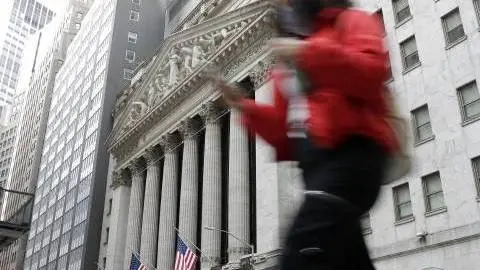China: Impact of muted spring travel
The Chinese New Year is coming and this year is different, as new partial lockdowns reduce domestic travel. We discuss the impact of the change to this big event as well as the progress made in deleveraging reform
Lockdowns despite low numbers of Covid cases
For the first time since early 2020, there are once again partial lockdowns in Beijing city and Jilin province. Each lockdown has its own restrictions. This comes against a background of only around 100 cases per day nationally (though asymptomatic cases are often not reported in these numbers). The lockdown in Beijing suggests that a lockdown is possible anywhere in the country, even when the number of cases is very low.
We think partial lockdowns in specific locations will not adversely affect economic activity during the holidays.
Workers are now reluctant to buy train and domestic flight tickets to return to their hometowns for the Chinese New Year as they are concerned that they may not be able to return to work in time if they are caught in lockdowns away from their workplaces. This reluctance to travel suggests that the disruptions to factory operations which took place in 2020 are unlikely to be repeated in 2021, which is positive for manufacturing and export-import activities.
Without travel to and from hometowns and work locations, money that would have been spent on transport may instead be spent celebrating the holiday in a different way. We expect shopping malls to remain open and online shopping as well as delivery to continue during the Chinese New Year, which is different from the past when many shops closed and delivery services stopped due to a lack of labour.
In short, we believe that partial lockdowns in specific locations will not adversely affect economic activity during the holidays.
A different Chinese New Year
Vaccination progress
China has 10 million people vaccinated with the first dose of vaccines developed by the country, which is still a small number compared to the whole population of 1.4 billion. Vaccination will continue after some pause over the Chinese New Year.
Deleveraging focuses on the property market
Over recent months, it has become obvious that deleveraging reform has resumed in China, and this time round, the focus of the reform is real estate property.
The government would like to lower the debt levels of these companies, most of which are private companies. Limits were set on debt-to-cash, debt-to-assets and debt-to-equity ratios in August 2020, and on bank lending ratios for property developers towards the end of 2020. More recently, additional constraints have been placed on property transactions and mortgages in some cities.
But the central government does not seem to be squeezing too hard on price and quantity restrictions for selling properties. It is giving some breathing space to the developers to sell existing properties (though not at higher prices) to get cash to repay debts. The whole process is finely managed.
This reduces our concern about a financial crunch caused by the property sector.
This publication has been prepared by ING solely for information purposes irrespective of a particular user's means, financial situation or investment objectives. The information does not constitute investment recommendation, and nor is it investment, legal or tax advice or an offer or solicitation to purchase or sell any financial instrument. Read more
Download
Download article
28 January 2021
Hopes fade for a synchronised global recovery This bundle contains 10 Articles

